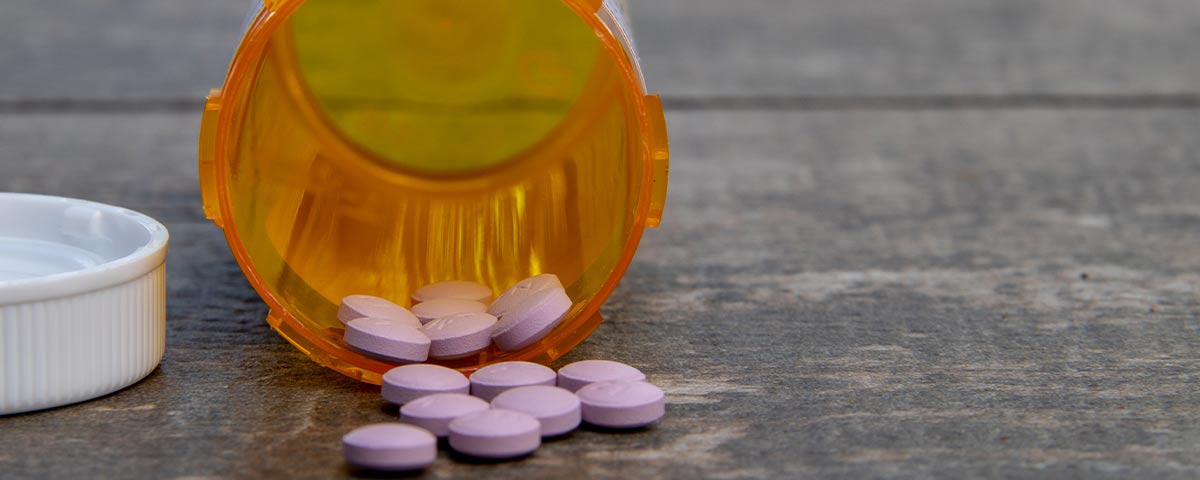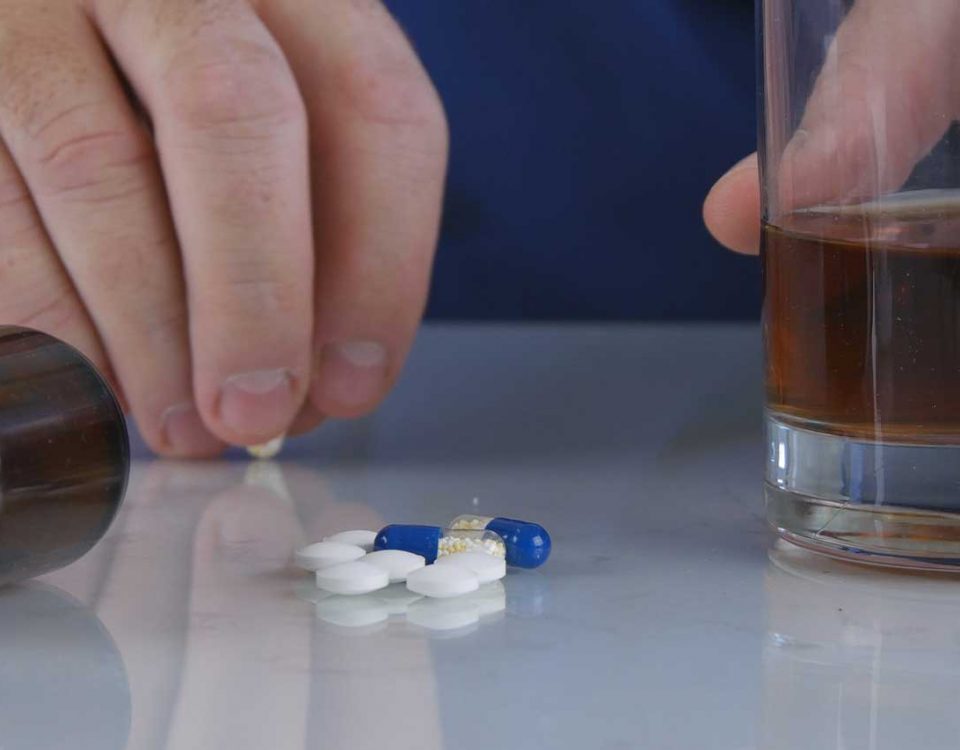“Downers” or depressants are sometimes prescribed to treat insomnia and other sleep disorders.
These drugs usually produce enough sedation to help the person fall and stay asleep. However, for those who want to increase the state of relaxation produced by their medications, they may mix them with alcohol. Today, we’re looking into the effects of Ambien and alcohol and the dangers these substances pose together.What Is Ambien?
Ambien is the brand name for the medication zolpidem, which is used to treat insomnia and sleep disorders. It belongs to a class of drugs called sedative-hypnotics.Ambien works by activating the neurotransmitter gamma-aminobutyric acid (GABA), which slows down activity in the brain and central nervous system to alleviate the person’s symptoms and promote sleep. Due to its potential for abuse and addiction, Ambien is usually only prescribed for short-term use.
Although zolpidem was designed to produce insomnia relief without the adverse effects of barbiturates, it still produces undesirable symptoms. Common Ambien side effects include:
- Sedation
- Dizziness
- Aggression
- Rapid heartbeat
- Nausea and/or vomiting
- Muscle cramps
- Allergic reactions
- Diarrhea
- Loss of appetite
- Impaired vision
- Slow breathing rates
- Memory loss
- Difficulty concentrating
- Disorientation and confusion
- Emotional blunting (difficulty feeling emotions)
- Depression and/or suicidal thoughts
- Anxiety
- Insomnia
- Nightmares
- Addiction
As previously mentioned, Ambien is not designed for long-term use but is rather meant to be taken for no longer than two weeks. Ambien abuse, such as using higher doses or mixing it with other substances, can increase the likelihood of addiction and other adverse side effects.
Not only is heavy drinking common among people with insomnia, but drinking on Ambien is also done by some people with insomnia to promote deeper sleep. However, because alcohol also works similarly on GABA receptors in the brain as Ambien does, combining the two increases their sedative side effects, affecting various functions like heart rate and breathing.
Similar to the effects of benzos and alcohol, both Ambien and alcohol suppress the central nervous system, which controls important functions like breathing, heart rate, and brain function. Together, these side effects are intensified.
Common Ambien and alcohol side effects include:
- Extreme sedation
- Dizziness
- Confusion
- Hallucinations
- Slowed or impaired breathing
- Disorientation
- Memory problems
- Unusual behavior
- Impaired motor control and movement
On its own, Ambien also carries some day-after risks, such as an impaired ability to drive, especially when the person has had less than a full night of sleep (7 to 8 hours). This is why doctors usually prescribe patients with the lowest dose possible (5 mg for women and 5 to 10 mg for men).
Combining Ambien and alcohol can increase the risk of next-day effects. Additionally, it takes time for Ambien to be eliminated from the body.
Age, weight, the use of other medications, existing medical conditions, kidney function, and liver function can all affect how long Ambien remains in a person's system. This medication is long-lasting, remaining in the body for around 14 to 17 hours. Therefore, it’s recommended that people who take Ambien avoid drinking alcohol completely while using the drug. Ambien & Alcohol Overdose It’s also possible to overdose on Ambien and alcohol, which, in rare instances, can be fatal. The lethal dose of Ambien and alcohol is any dose, as these substances should never be mixed. Due to Ambien’s fast-acting side effects, a person who takes higher doses than prescribed can quickly lose consciousness. Signs of Ambien and alcohol overdose include:
- Loss of consciousness
- Unresponsiveness
- Difficult or troubled breathing
- Pale or blue lips, fingernails, or skin
- Trouble waking up
- Slowed heart rate
- Slowed pulse
- Irregular, fast, or shallow breathing
- Coma
Related Reading:
Neck and Shoulder Pain After Drinking Alcohol
Mixing Adderall and Alcohol: What You Should Know









